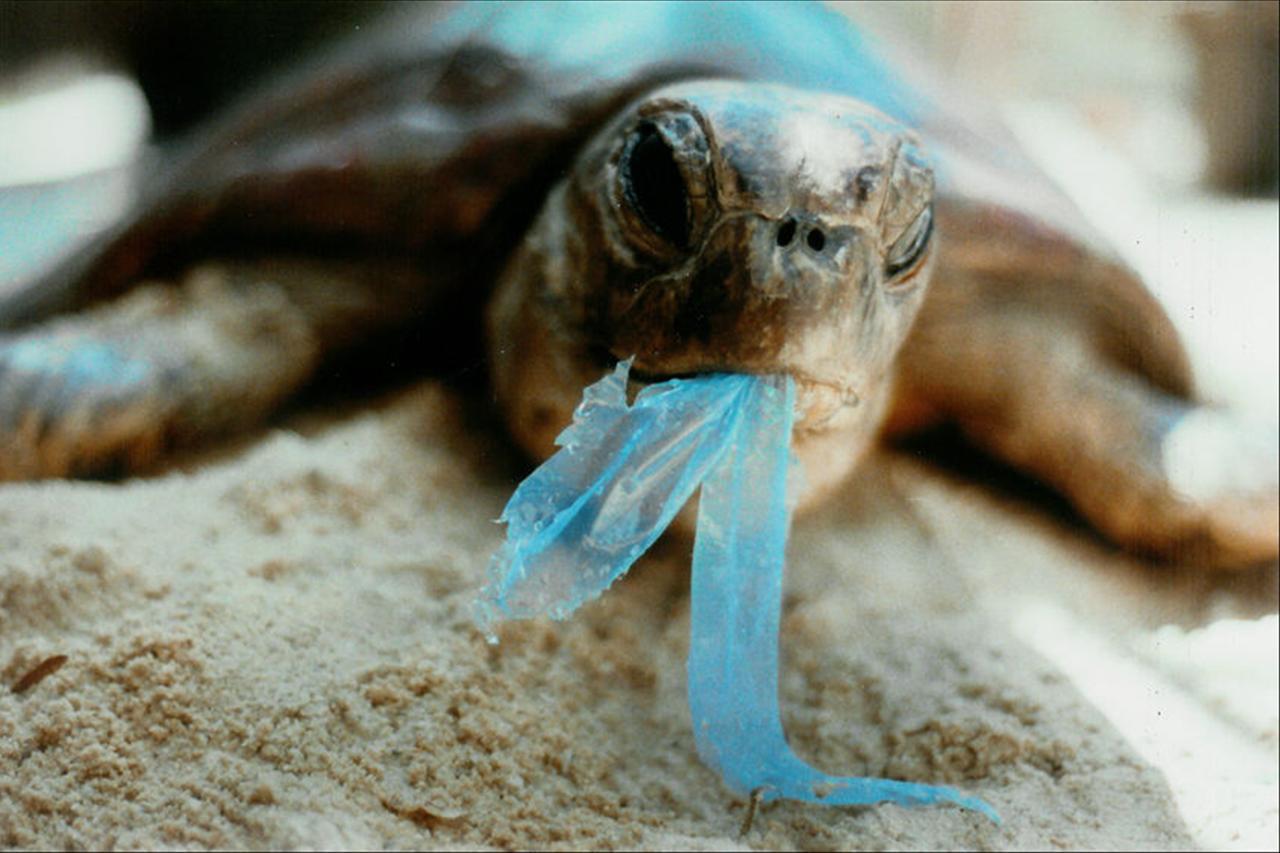Director: Craig Leeson
I sank into a cosy red-cushioned chair, the comfortable furniture a stark opposition to the uncomfortable issue of tonight’s film screening entitled, “A Plastic Ocean”. Premiered by Sea Shepherd Perth, this movie-length documentary on plastic overconsumption and the detrimental effect of plastic in our aquatic environments was both confronting and guilt inducing.
The film was seemingly well researched, with hoards of prominent scientists (leaders in this field) interviewed and their work documented. Graphic imagery was not lacking either. A particularly confronting scene followed a sea-bird scientist interested in the amount of plastic ingested by birds from our oceans. I watched with a slack jaw as the scientist pulled handfuls and handfuls of hard plastic bits out of a single deceased seabird. Deceased, unsurprisingly, as a result of starvation – its little stomach was so full of plastic that it had no room left for digesting proper, life-sustaining food. Its abdomen was rock hard and it’s feathers a shedding mess. Shocking image after shocking image flicked onto the screen – a seal with a plastic ring constricting it’s windpipe, a sea turtle that could no longer dive because the plastic in its stomach had thrown out its natural buoyancy, a young girl in her 20s who had difficulty conceiving as a result of living within a plastic dominated environment. We were continually assaulted with these heavy-hitting graphics as we questioned, “what can we do to fix this?”
The response from world champion free-diver and documentary host, Tanya Streeter, was to reduce your everyday plastic use. Pack your lunch in reusable containers instead of take-out disposables, carry keep cups and metal drink bottles in your handbag, use glass jars and ceramics to store your food rather than cling wrap. With the health of our aquatic species declining as a result from micro-plastic ingestion and entanglement in plastic dumps in our oceans, the need to reuse, recycle, and reduce plastics has become more crucial then ever. If you weren’t already convinced about the need to protect our environment from plastic inundation, you will definitely be after viewing this no-punches-pulled documentary.
Words by Maddi Howard

